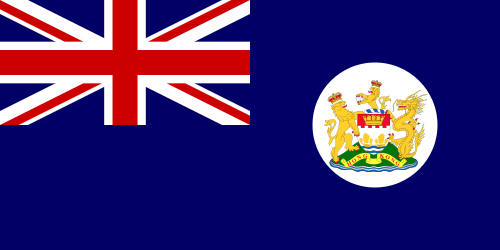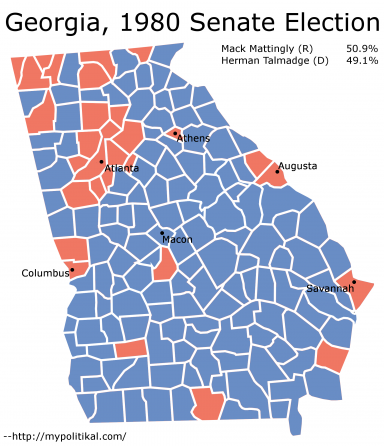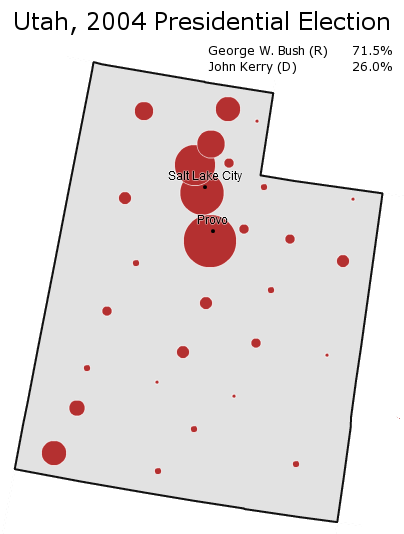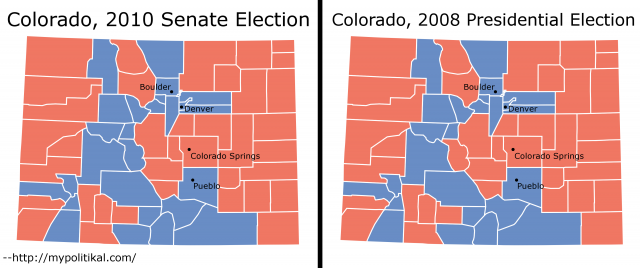By: inoljt, http://mypolitikal.com/
Russia has recently had a number of protests against President Vladimir Putin. The protests constitute a challenge of urban Russians against Putin’s rule.
If you’ve ever seen pictures of these protests, one interesting thing stands out. This is the fact that the protestors don’t wave Russia’s national flag. Instead, they always wave different flags:
What are these flags? What do they represent? I’ve done a bit of digging to get at these answers.
More below.






